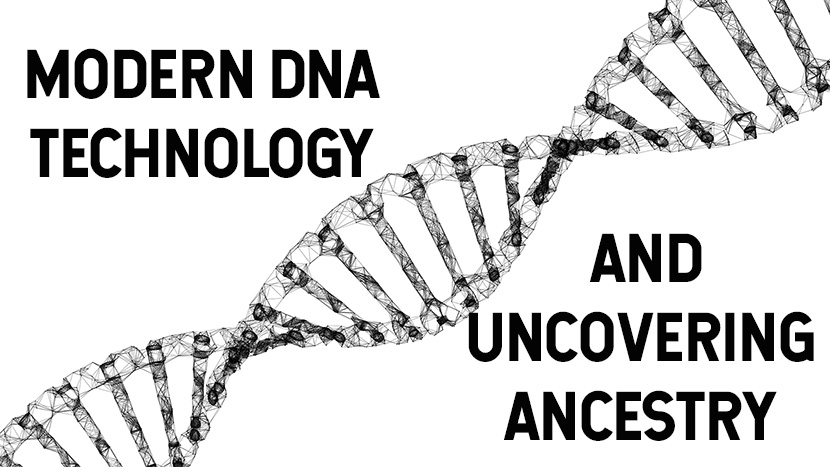How Genetics and Phylogenies are Now Used to Understand Your Ancestry
Have you ever wondered about your family’s history and lineage? Do you want to know more about your roots and where you come from? Genealogy and family history research can provide a fascinating glimpse into the past, and for those with Indian ancestry, there are many resources available to help trace their family tree.
India has a rich and diverse history, with a multitude of cultures and traditions that have evolved over centuries. With such a vast and complex heritage, tracing one’s family history can be a daunting task. However, with the advent of technology and the internet, there are now numerous resources available to help people discover their roots and connect with their ancestors.
From online databases and archives to local genealogy societies and historical societies, there are many ways to explore your family’s heritage and discover the stories of your ancestors. In this article, we’ll explor some of the best resources and techniques for researching your Indian genealogy and family history.
Explore Available Platforms and Resources
With the vastness of India and its diverse cultural and linguistic regions, it can be challenging to know where to start looking for information about your family history. By exploring different platforms and resources, you can gain a better understanding of the available sources of information and the best ways to access them.
Different regions and communities in India have unique cultural practices and traditions, and this can impact the availability and accessibility of records and documentation related to family history. Therefore, exploring different platforms can help you identify the specific information that is most relevant to your ancestral roots and cultural background.
The internet has made it easier than ever before to access a wealth of information about family history, including online databases, archives, and genealogical records. You may also find out valuable information in forums and connect with others searching for their Indian family heritage.
Perform a DNA Test
If you suspect that you have Indian ancestry but are not sure, a DNA test can help confirm your suspicions. DNA testing can identify specific markers that are associated with Indian ancestry, which can help you trace your family tree back to India.
DNA testing can help you connect with distant relatives who share a common ancestor. By comparing your DNA with others in a database, you may be able to find relatives that you didn’t know existed.
Furthermore, DNA testing can provide you with a wealth of information about your ancestry, including your ethnic makeup, migration patterns, and more. This can help you gain a deeper understanding of your family’s history and culture.
When you choose a company to perform your DNA, you should ask the company important questions such as how much does a DNA test cost, or how long will it take for the results to be available? This way, you’ll know what to expect and how to budget when doing research.
Create and Share Your Family Tree
Creating and sharing your family tree can be a valuable tool when searching for your Indian family ancestry. Here are a few reasons why:
- Helps you organize your research: By creating a family tree, you can keep track of all the information you have gathered about your ancestors and their relationships. This can help you identify missing pieces of information and focus your research efforts.
- Can help you connect with relatives: Sharing your family tree with relatives can help you identify new family members and connect with them. This can be especially helpful if you’re searching for information about ancestors who immigrated to other countries or if you’re looking for living relatives in India.
- Provide clues for further research: As you add more information to your family tree, you may start to notice patterns or connections that you haven’t seen before. This can provide clues for further research and help you uncover new information about your ancestors.
- It can help you verify the information: By sharing your family tree with other researchers, you can get feedback and verification on the information you have gathered. This can help you avoid mistakes or incorrect assumptions and ensure that your research is accurate.
Start Doing Global Searches
Starting to do global searches when searching for your Indian family ancestry is important because it expands the scope of your search beyond just India.
Many individuals have migrated from India to other countries over the years, and their descendants may now be living in various parts of the world. By conducting global searches, you may be able to find information about your ancestors or relatives that you would not have found otherwise.
For example, if one of your ancestors migrated from India to the United States, you may be able to find information about them on US-based genealogy websites or through US-based government records.
Similarly, if your family has connections to other countries such as Canada, the United Kingdom, or Australia, you may be able to find information about them through global genealogy databases or online forums.
Final Thoughts
With the help of technology and online resources, it’s now easier than ever before to explore and uncover the stories of our past. Whether you are a seasoned genealogist or just starting out, delving into your family’s history can be a rewarding and enlightening experience that connects you to your cultural heritage.


































































































